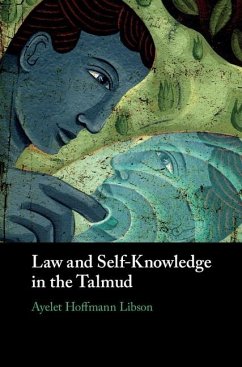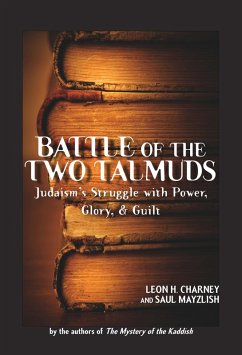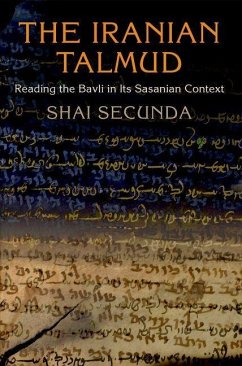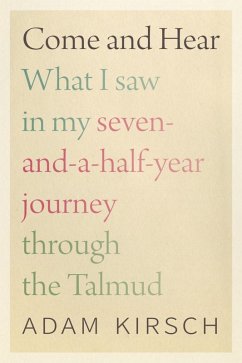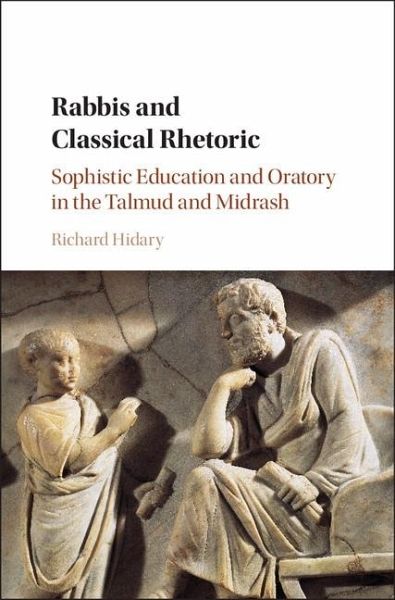
Rabbis and Classical Rhetoric (eBook, ePUB)
Sophistic Education and Oratory in the Talmud and Midrash

PAYBACK Punkte
8 °P sammeln!
Training in rhetoric - the art of persuasion - formed the basis of education in the Roman Empire. The classical intellectual world centered around the debate between philosophers, who boasted knowledge of objective reality, and sophists, who could debate both sides of any issue and who attracted large audiences and paying students. The roles of the Talmudic rabbis as public orators, teachers, and jurists, parallel that of Roman orators. Rabbinic literature adopted and adapted various aspects of the classical rhetorical tradition, as is demonstrated in the Talmudic penchant for arguing both sid...
Training in rhetoric - the art of persuasion - formed the basis of education in the Roman Empire. The classical intellectual world centered around the debate between philosophers, who boasted knowledge of objective reality, and sophists, who could debate both sides of any issue and who attracted large audiences and paying students. The roles of the Talmudic rabbis as public orators, teachers, and jurists, parallel that of Roman orators. Rabbinic literature adopted and adapted various aspects of the classical rhetorical tradition, as is demonstrated in the Talmudic penchant for arguing both sides of hypothetical cases, the midrashic hermeneutical methods, and the structure of synagogue sermons. At the same time, the rabbis also resisted the extreme epistemological relativism of rhetoric as is evident in their restraint on theoretical argumentation, their depiction of rabbinic and divine court procedure, and their commitment to the biblical prophetic tradition. Richard Hidary demonstrates how rabbis succeeded in navigating a novel path between platonic truth and rhetorical relativism.
Dieser Download kann aus rechtlichen Gründen nur mit Rechnungsadresse in A, B, BG, CY, CZ, D, DK, EW, E, FIN, F, GR, HR, H, IRL, I, LT, L, LR, M, NL, PL, P, R, S, SLO, SK ausgeliefert werden.




